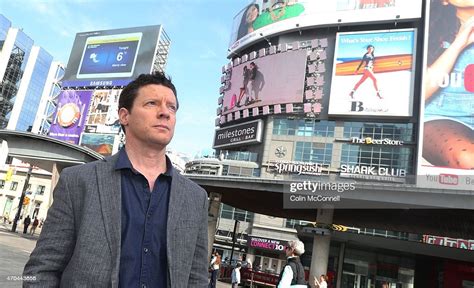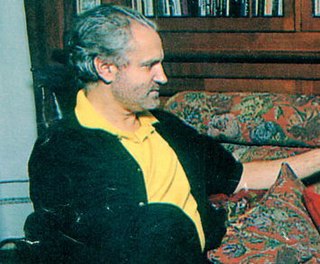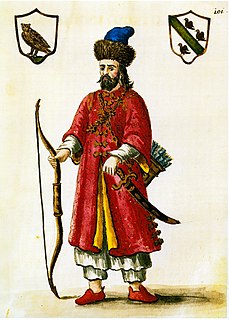A Quote by Zhu Zhu
It's important for people to try and be more like Marco Polo in how he explored the world, very few of us nowadays pay attention to cultures and try to understand them.
Related Quotes
Tech companies like to set stretch goals, like we'll try to be the best company for women and minorities, and we have to ask, "What does that really mean?" By setting a goal like that, it makes all of us pay attention to that idea and try to innovate around it, to understand the underpinnings. One piece is being transparent, saying "Hey, we have an issue, we're open to innovation on it." It's important for innovation to prove that more diversity makes better products.
I hope what I do when I draw from other people's lives is pay tribute. To try to understand what it means in our society to be silenced. To try to understand how class and gender intersect with that. To try to understand how being named and classified within the context of psychiatry can intersect with all that, as well.
Everyone wants to understand art. Why not try to understand the song of a bird? Why does one love the night, flowers, everything around one, without trying to understand them? But in the case of a painting people have to understand. If only they would realize above all that an artist works of necessity, that he himself is only a trifling bit of the world, and that no more importance should be attached to him than to plenty of other things which please us in the world, though we can't explain them. People who try to explain pictures are usually barking up the wrong tree.
From the simplest lyric to the most complex novel and densest drama, literature is asking us to pay attention. Pay attention to the frog. Pay attention to the west wind. Pay attention to the boy on the raft, the lady in the tower, the old man on the train. In sum, pay attention to the world and all that dwells therein and thereby learn at last to pay attention to yourself and all that dwells therein.
There are other people, other economies, governments, cultures, religions, and destinies going on at the same time as yours. You have to widen the scope of your lens and start seeing more. Because Americans, it's easy to make us freak out. When the going gets rough, you have to get conservative. That's what's happened to America in the last eight years. I just try to point out that there's more going on than most people pay attention to.
Try not to pay attention to those who will try to make life miserable for you. There will be a lot of those-in the official capacity as well as the self-appointed. Suffer them if you can't escape them, but once you have steered clear of them, give them the shortest shrift possible. Above all, try to avoid telling stories about the unjust treatment you received at their hands; avoid it no matter how receptive your audience may be. Tales of this sort extend the existence of your antagonists.
I believe it was God's will that we should come back, so that men might know the things that are in the world, since, as we have said in the first chapter of this book, no other man, Christian or Saracen, Mongol or pagan, has explored so much of the world as Messer Marco, son of Messer Niccolo Polo, great and noble citizen of the city of Venice.




































